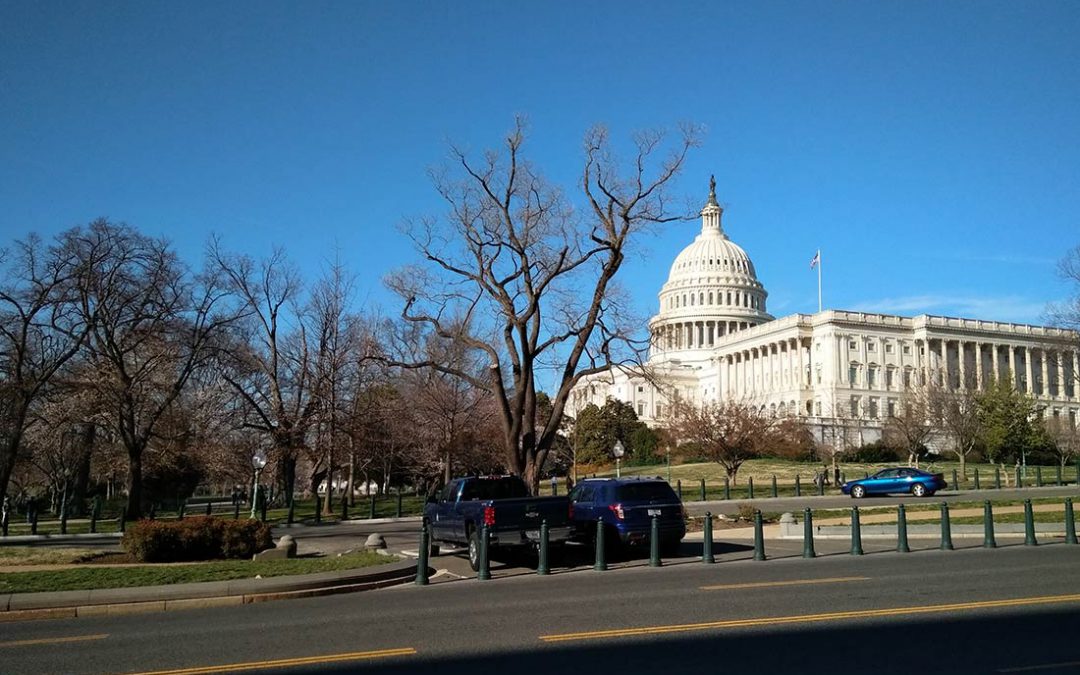WASHINGTON – The Senate on Thursday overturned a longstanding rule that required a supermajority of 60 votes to approve presidential appointments to the Supreme Court, clearing the way for Neil Gorsuch to be approved as associate justice by a simple majority on Friday.
Majority Leader Mitch McConnell initiated the change in rules, employing the so-called “nuclear option,” and halted a Democratic filibuster that had blocked the Gorsuch nomination. Republican and Democratic senators blamed one another.
“It shouldn’t be someone as qualified as Gorsuch to trigger the nuclear option,” said Sen. Bill Cassidy, R-La., after the vote. “It’s going to be much harder to work across the aisle.”
Sen. Ted Cruz, R-Texas, agreed. “The Senate Democrats’ blanket obstruction of everything – cabinet, nominees, is unprecedented in Senate history,” he said. “It is driven by a fear of the radical left.”
But Democrats blamed Republicans, who they charge effectively stole the Supreme Court vacancy. McConnell and his Senate majority refused last year to consider or hold hearings when then-president Barack Obama nominated Merrick Garland. Obama chose the federal appeals court judge to fill the vacancy left by the death of Antonin Scalia on February 13, 2016.
“This nominee [Gorsuch] has been afforded vastly more gracious treatment than Merrick Garland. Merrick Garland got no hearing,” said Sen.Ron Wyden, D-Ore. “The Republicans have fundamentally gone astray that Barack Obama’s tenure is going to be three years [not four] long when it comes to court nominations.”
Sen. Dianne Feinstein, D-Calif., said the Democrats were also listening to their constituents. She said they had received “120,000 calls [regarding Gorsuch], 83 percent opposed, that’s a lot of call for a judge,” Feinstein said.
“What goes around, comes around, what just happened,” said Feinstein. “The Republicans didn’t think it is even necessary to find a candidate that both sides will agree on, and that’s what’s very hard to accept.”
“Given that McConnell had the votes to invoke the nuclear option, it was probably in the Democrats’ political interest to filibuster,” wrote Molly E. Reynolds, a fellow at the Brookings Institution, in an email. Both sides could be disadvantaged in the future by the rule change, but parties are generally focused on short-term political circumstances rather than the longer term, Reynolds wrote.
But Cruz said the Gorsuch nomination was different. “The nomination of Supreme Court justices was a central point in [2016] presidential election,” he said, “and the American people made the choice.”
Despite the bitter wrangling, Feinstein said the rules change would not necessarily damage relations between the parties in the Senate forever.
“We’ve been hard times before, and there’s something that eventually will drive people together,” said Feinstein.
“The Senate has long engaged in “partisan procedural arms race” in which the majority party changes rules in their favor,” Reynolds wrote. “it’s become more partisan over time—though that’s not to suggest that it hasn’t had periods and episodes of significant bipartisanship throughout its history.”


